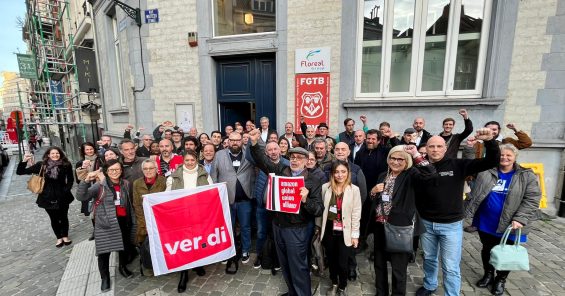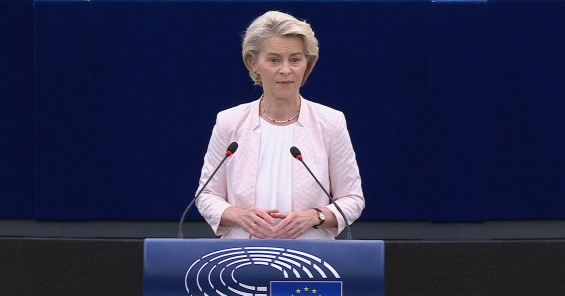Increasing e-commerce demand, a sudden surge in teleworking, hazard pay, new safety procedures… these are all changes induced by the Covid-19 crisis. However, these changes have very different implications within different sectors of activity. Ensuring that headline government measures are effective at ground level has meant adapting these measures to sector-level realities.
“One-size-fits-all measures are not always enough. The crisis has brought about very different issues for say a bank worker, a care worker or a cameraperson. These require specific approaches and the sectors are key to ensuring that no one is left behind,” said Oliver Roethig, Regional Secretary of UNI Europa.
In this perspective, UNI Europa has, from the beginning of the crisis, been working closely with its social partners on the employer side across the services sectors to outline inclusive solutions tailored to the respective sectoral needs. A total of 12 sector-wide joint statements have been signed with employer organisations, outlining specific steps to addressing the crisis as well as key demands of the European Union.
In private security, workers have experienced both closures of workplaces and new demand in frontline workplaces. Together with CoESS, UNI Europa was instrumental in getting security services recognised as essential by the European Commission. The joint declaration also broke ground in calling for public authorities, an important client in the sector, to include collective bargaining in selecting security providers.
Food and medicine packaging as well as newspapers have been essential to ensuring people have access to the accurate information they rely on through the crisis. In the printing and publishing sector, the joint statement with social partners Intergraf called on authorities to safeguard operations by safeguarding supply chains. The joint statement also called on strengthening social dialogue and collective bargaining in order to ensure job attractivity and the long-term prospects of the sector.
Securing safe food supply was a priority in the commerce sector for both food retail workers and employers. While workers in the non-food retail are in temporary unemployment and short work programmes, UNI Europa and EuroCommerce jointly proposed to use this time to provide digital skills training for workers in the face of accelerated digitalisation. Furthermore, it outlined measures to facilitate reopening and avoid permanent closure of local shops.
Ensuring health and safety guidance and equipment for home care workers who take care of the most vulnerable, the reallocation of temporary and agency workers, ensuring childcare for cleaners through the lockdown, allowing IT workers and bank workers to reduce travel and contact by teleworking, the extension of income security to independent film and tv production workers or the safeguard of the tourism jobs amid a complete collapse are all vital to address the crisis.
“Moving forward, the sectoral dimension is going to become even more important. As sectors begin to re-open in the aftermath of this crisis, each will require targeted efforts to deal with their specifics. Working people will be the ones to get societies’ back on their feet. While the EU’s recovery plan has the right ambition in its scale, it must now ensure that workers are provided an equal footing to drive for a new normal of collective bargaining for all,” said Oliver Roethig.


